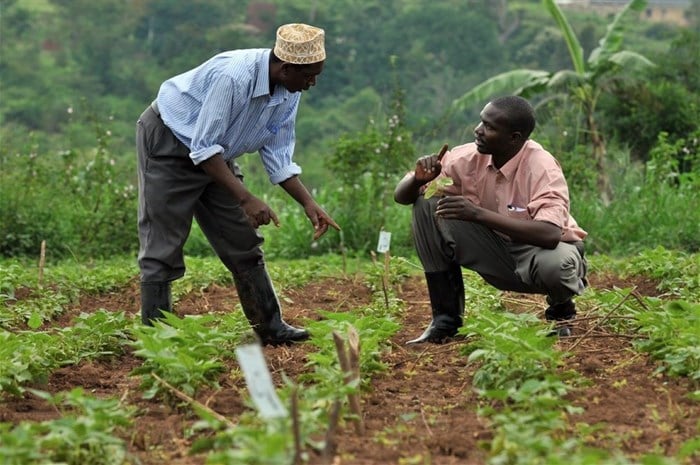Agribusiness: Driving firm performance in Africa agriculture

The current growth has not translated to creating jobs or tackling inequalities hence the need for Africa to diversify its economy from commodities alone to focus on agribusiness – a practice which will lift the continent out of poverty and put it on the path to prosperity.
Agriculture is the most important sector as it accounts for 65% of the continent’s employment and 75% of its domestic trade (African Economic Outlook Report, 2018). The norm in African countries has been poor governance with respect to agricultural transformation and developing the sector’s value chain (Africa Agriculture Status Report, 2018).
The success of agribusiness is dependent on investment in transport infrastructure, access to energy and water as well as access information and communication technologies.
The Agricultural Business Chamber of South Africa describes agribusiness as a broad concept that covers input suppliers, agro-processors, traders, exporters and retailers. It can be further decomposed into four main groups namely; the agricultural input industry; agro-processing; mechanisation distribution and services thus covering and supporting all opportunities across the agriculture value chain.
The success of agribusiness is dependent on investment in transport infrastructure, access to energy and water as well as access information and communication technologies – aspects that are all contingent on government policy adjustments and management efficiencies.
Achieving agricultural transformation
When implemented methodically, agribusiness development will achieve industrial growth and job creation for African economies. For instance, the transformation of agricultural raw materials into industrial products depends on the capacity of African entrepreneurs to participate and compete in global, regional, and local value chains. In the African Economic Outlook Report, 2018, it is highlighted that value-added agriculture as a percentage of GDP for Africa remains very low, and thus, there is an opportunity for growth in that area. This growth can be achieved by integrating agriculture with business to improve efficiency while meeting consumer requirements in a competitive global trade system.
With decisive action, robust partnerships, and continued innovation the agricultural sector can rise again to become the fiscal champion of Africa.
With the right and focused implementation, Africa will receive major contributions to increased farmer incomes, large-scale reduction in rural poverty, overall economic growth, and economic transformation from a largely rural to a largely urban economy. What remains is to strengthen government capacities to implement the stated requirements.
The future will always be uncertain, as our evolving world continues to demand that we do more with less. With decisive action, robust partnerships, and continued innovation the agricultural sector can rise again to become the fiscal champion of Africa.






















